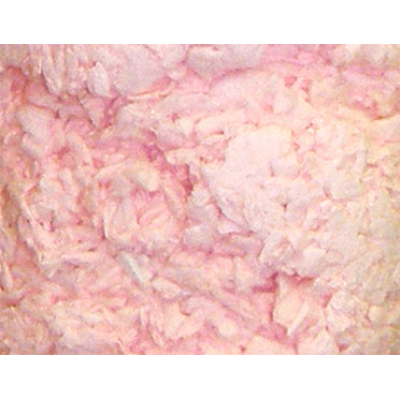2.5kg Chemical Absorbent Particulate
2.5kg Chemical Absorbent Particulate
Code: PTC25
Brand:
Product Details
UNISORB HAZCHEM ABSORBENT PARTICULATE 2.5KG BAG 50L PTC2.5
Brand:
Product Details
UNISORB HAZCHEM ABSORBENT PARTICULATE 2.5KG BAG 50L PTC2.5
Chemical absorbent particulate is used for spills of strong acids, strong bases, coolant, paint, solvents, blood and hazardous liquids. Absorbent particulate features a large surface area and can be sprinkled onto and around the spill with precision.
Hazchem (also known as chemical) absorbents are made from meltblown polypropylene which are colour-coded pink for easy identification. These absorbents are able to absorb up to 20 times their own weight in liquids and have a fast-wicking action to clean up spills quickly. Hazchem absorbents are inert and dust-free and will not degrade or chemically react with absorbed liquids.
- Absorbent particulate is ideal for chemical processing plants, paint and panel shops, chemical storage and handling facilities, transport warehouses, food and beverage processing plants, printing and automotive workshops.
- Particulate is ideal for placing on and around a spill to solidify and absorb.
-
Absorbs and cleans up most acids, bases, paints, solvents, hydrocarbons inks, dyes and aggressive water based liquids on contact.
-
Made from 100% meltblown polypropylene – able to absorb up to 20 times its own weight in liquid.
-
Chemical absorbent particulate is an inert, surface-modified polypropylene which does not degrade or chemically react with the absorbed liquid.
-
High absorbency to weight ratio = lower transport and disposal costs.
-
Non-allergenic, non-hazardous with no dust.
-
Fast wicking action allows quick clean up, reduces potential slip hazards and improves safety in the workplace.
- Simple to use without the need for specialised PPE.
- Colour-coded pink for easy identification.
-
Absorbent capacity will vary depending on liquid viscosity, specific gravity and temperature.
-
Polypropylene is compatible with and absorbs most acids and bases. The suitability with a specific chemical should be confirmed by referencing the MSDS, a compatibility chart or sample testing.
-
Absorbents retain the characteristics of the absorbed liquid. Appropriate PPE should be worn and disposal of used absorbents should be in accordance with local regulations.








